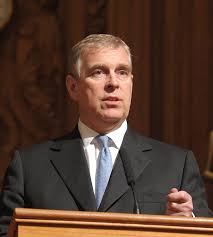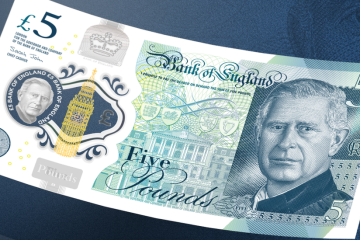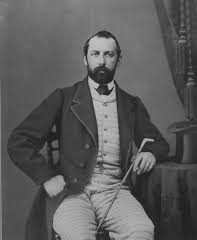The Role and Influence of Prince Edward in the Royal Family

Introduction
Prince Edward, the youngest son of Queen Elizabeth II and the Duke of Edinburgh, has had a significant yet often understated role within the British royal family. As the Earl of Wessex, his contributions span across charity work, public engagements, and the promotion of the arts. Understanding his influence and activities is essential to comprehend the dynamics of the modern British monarchy.
Background
Born on March 10, 1964, in Buckingham Palace, Prince Edward has led a life intertwined with public service. He studied at Cambridge University before pursuing a career in the television industry, which he left to fully commit to royal duties. In 1999, he was made the Earl of Wessex, a title that reflects his commitment to the Royal Family and the British public.
Public Engagements and Charity Work
Throughout the years, Prince Edward has been involved in numerous charitable organisations. He became the patron of many charities, including the Duke of Edinburgh’s Award, which was founded by his late father. This award scheme promotes personal development and community involvement, reaching millions of young people globally. Edward has also served as the chairman of the Board of Trustees for the Duke of Edinburgh’s Award International Association, further underlining his dedication to youth empowerment.
In recent times, he has taken on a more prominent role in the Royal Family’s public engagements. For example, he has been actively involved in supporting various initiatives, particularly in the arts, including his role with the Royal Academy of Dramatic Art (RADA). His interest in theatrical arts has led him to promote cultural events across the UK, enhancing various artistic communities.
Recent Developments
In 2023, Prince Edward and his wife, Sophie, the Countess of Wessex, have increased their visibility within royal duties, representing the monarchy during state visits and attending charity events. This shift signals a concerted effort to engage with younger generations and address contemporary societal issues. Their approachable style and willingness to engage on social media platforms have resonated with the public, making them more relatable figures within the royal framework.
Conclusion
As the Royal Family continues to adapt to the changing landscape of public expectations, Prince Edward stands as a crucial figure, embodying the virtues of duty, service, and community engagement. His efforts to support the arts, youth initiatives, and charitable causes underline the evolving role of the royal family in modern Britain. As he embraces more responsibilities, the impact of Prince Edward is poised to grow, promising a future where tradition meets modernity.









